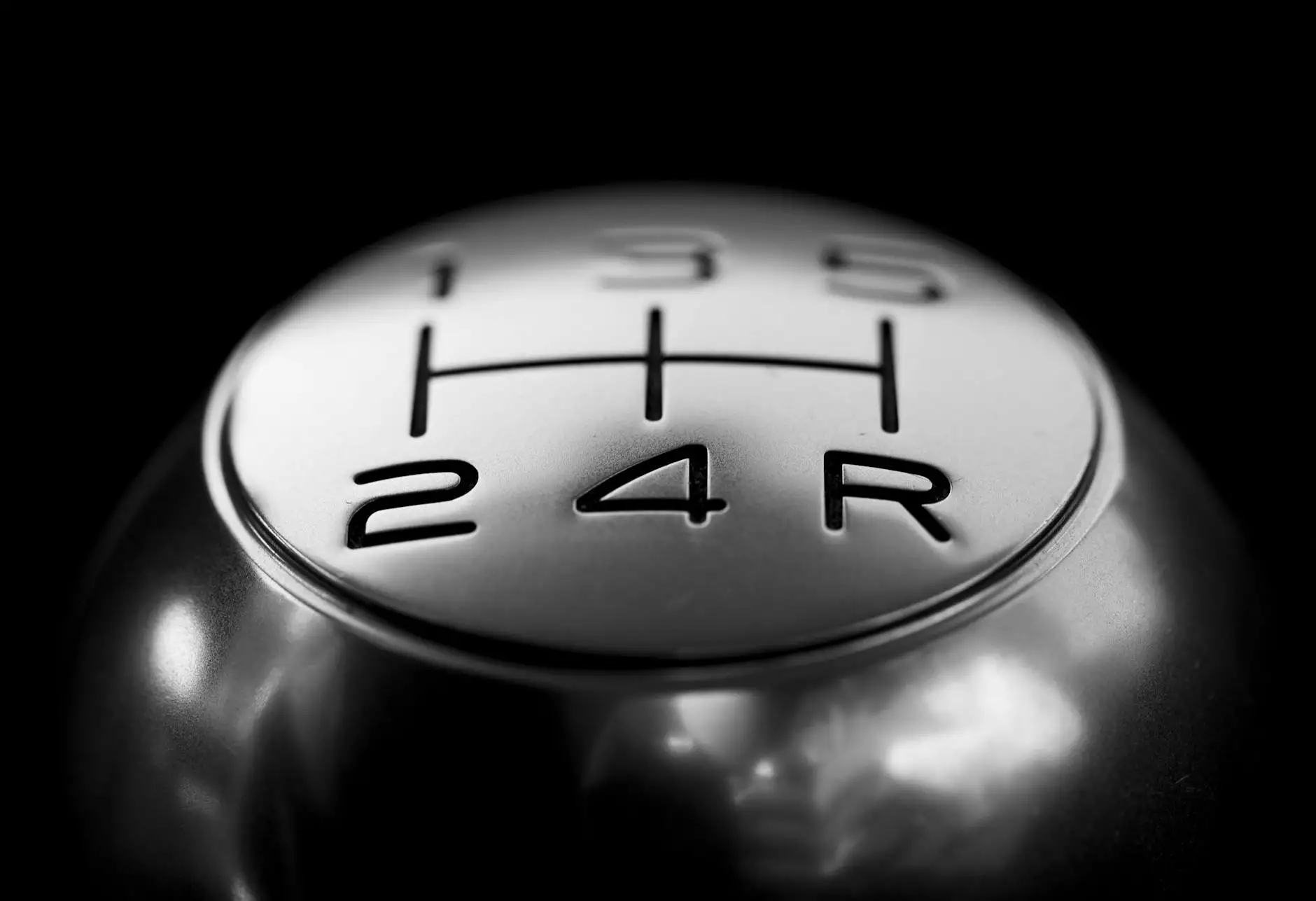Lung CT Scan: The Key to Understanding Your Respiratory Health

What is a Lung CT Scan?
A lung CT scan, or computed tomography scan, is a sophisticated imaging technique that utilizes X-rays to create detailed images of the lungs and surrounding structures. This advanced technology provides a level of detail that traditional X-rays often cannot achieve, making it an invaluable tool in diagnosing various respiratory conditions.
Why Are Lung CT Scans Important?
Lung CT scans play a crucial role in the early detection and accurate diagnosis of numerous pulmonary conditions, including:
- Lung Cancer: A lung CT scan can identify suspicious nodules that may indicate cancer, allowing for earlier intervention.
- Chronic Obstructive Pulmonary Disease (COPD): CT scans help assess the extent of lung damage in patients with COPD.
- Pneumonia: This imaging technique can reveal fluid or other signs of infection in the lungs.
- Interstitial Lung Disease: CT scans can detect scarring and inflammation in the lung tissues.
- Pulmonary Embolism: A CT scan of the chest is essential for identifying blood clots in the lungs.
The Procedure of a Lung CT Scan
Undergoing a lung CT scan is a straightforward process:
- Preparation: Patients are often advised to wear comfortable, loose-fitting clothing and may need to remove any metal objects (jewelry, glasses) that could interfere with the scan.
- Administering Contrast (if needed): Some scans may require a contrast dye to enhance the images. This is usually injected through an IV.
- Positional Setup: Patients lie on a motorized table that slides into the CT machine.
- Scanning Process: The scanner circles around the body while taking cross-sectional images of the chest. Patients are asked to hold their breath briefly for each scan.
- Post-Scan: After the scan, patients can resume normal activities immediately unless advised otherwise.
Benefits of Lung CT Scans
The benefits of a lung CT scan are extensive and contribute significantly to patient care:
- High-Resolution Imaging: CT scans provide detailed images of lung anatomy, aiding in accurate diagnosis.
- Early Detection: They enable healthcare providers to detect abnormalities sooner than standard imaging methods.
- Guided Interventions: The images can assist in planning procedures, such as biopsies.
- Monitoring Disease Progression: CT scans play a critical role in assessing the effectiveness of treatment plans over time.
Who Should Consider a Lung CT Scan?
Certain groups are more likely to benefit from a lung CT scan:
- Smokers: Individuals with a history of smoking are at a higher risk for lung disease and may need regular screening.
- People with Respiratory Symptoms: Persistent cough, unexplained weight loss, or coughing up blood should prompt a consultation about scanning.
- Individuals with Chronic Conditions: Those suffering from COPD or other chronic lung diseases might require ongoing monitoring with CT scans.
- Family History: Those with a family history of lung disease may be advised to undergo CT scans for early detection.
The Role of Health & Medical Professionals in the Process
Healthcare professionals, including radiologists and pulmonologists, play a vital role in interpreting the lung CT scan results. They work collaboratively to integrate the findings into the broader context of patient health, often coordinating with:
- Primary Care Physicians: To ensure comprehensive care and follow-up.
- Physical Therapists: In cases of lung diseases affecting mobility and wellness.
- Oncologists: For patients diagnosed with lung cancer, involving treatments and potential radiation or surgery options.
- Sports Medicine Specialists: To support athletes who may have underlying respiratory conditions affecting their performance.
Integrating Lung CT Scans into Sports Medicine and Physical Therapy
In the realms of sports medicine and physical therapy, lung CT scans can be particularly advantageous. Athletes may face unique respiratory challenges that necessitate thorough examination:
- Identifying Underlying Conditions: Asthma and exercise-induced bronchoconstriction can be diagnosed using CT imaging, which can lead to better management strategies.
- Rehabilitation Planning: Assessing lung function is essential for creating effective rehabilitation programs for athletes recovering from pulmonary illnesses.
- Enhancing Endurance Training: Understanding an athlete’s lung capacity through CT scanning can optimize training regimens focused on improving respiratory health.
Risks and Considerations
While lung CT scans offer numerous benefits, it's essential to consider some potential risks:
- Radiation Exposure: CT scans involve exposure to a small amount of radiation. However, the diagnostic benefits typically outweigh the risks.
- Allergic Reactions: Some patients may experience allergic reactions to contrast dye, although this is rare.
- Anxiety: The scan process may induce anxiety in some individuals due to the enclosed space or the health implications of getting scanned.
Conclusion: Embracing Advanced Diagnostics for Better Health
In conclusion, a lung CT scan represents a powerful tool in the diagnostic arsenal of health and medical practitioners. Its ability to reveal intricate details about lung health can significantly influence treatment decisions, highlight the need for physical therapy interventions, and improve outcomes within sports medicine. As healthcare continues to evolve, integrating advanced imaging techniques like lung CT scans becomes critical in promoting patient health and enhancing life quality.
Consulting with Professionals at HelloPhysio
If you or a loved one has concerns regarding lung health or related symptoms, we encourage you to consult with experienced healthcare professionals at HelloPhysio. They specialize in holistic approaches that combine imaging diagnostics with effective physical therapy and rehabilitation strategies tailored to individual needs.
Take Charge of Your Lung Health
Ultimately, understanding the role of lung CT scans in your health journey empowers you to make informed decisions. Regular assessments and an active approach to respiratory wellness can foster a healthier, more vibrant life. Don't hesitate to reach out to healthcare experts to learn more about how lung imaging and physical health strategies can work together to support your wellbeing.



